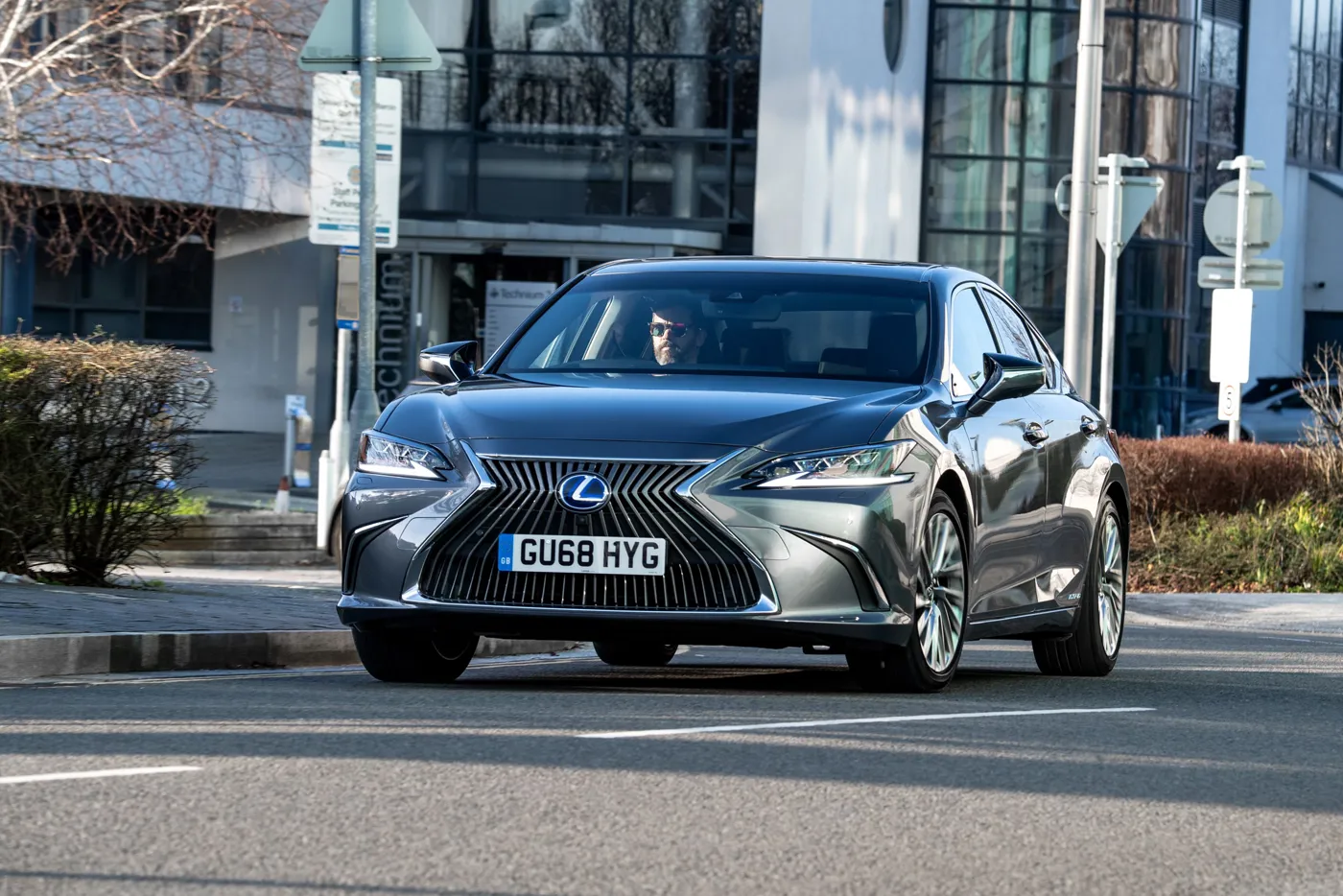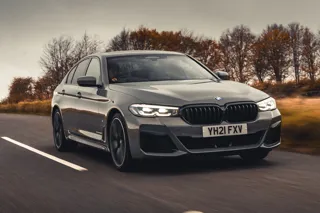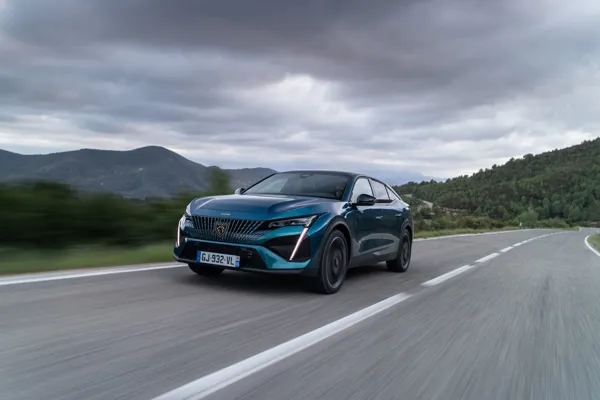Review
Lexus is aiming to woo fleet customers with its new ES model that boasts low CO2 emissions and a high specification.
Replacing the GS in the brand’s UK line-up, the ES is a front-wheel drive rival to the BMW 5 Series. It has just one engine – a self-charging hybrid.
CO2 emissions start at just 100g/km, which combine with a starting price of £35,150 to offer significantly cheaper company car tax bills than the class-leading diesel models.
The base model, known as ES, comes equipped with sat-nav, Bluetooth, parking sensors and heated front seats – just like its rivals. But, it also gets keyless entry, adaptive cruise control and a sunroof, giving it a distinct price advantage.
With sportier styling, F-Sport models are predicted to be popular starting at £38,150. Features include leather sports seats, 19-inch alloy wheels and a clever new adaptive suspension system.
A range-topping Takumi version is also available, packed with features such as electric reclining rear seats and a 17-speaker Mark Levinson stereo. It costs £45,650.
The 2.5-litre petrol hybrid engine is all-new for the brand. It develops 218PS and is mated to a CVT gearbox.
Lexus has made refinement a top priority and the ES features more sound deadening than any of its previous models.
The results are noticeable. Wind and road noise are barely perceptible making the ES a fantastic long-distance cruiser.
We have no complaints about the comfort levels and there are plenty of high quality materials to give the ES a cabin that matches the best in class.
Compared to previous Lexus hybrids, the new powertrain is more refined and more responsive. While the electric-only range is still limited to just a couple of miles, Lexus says that during real world driving the electric motor is actually powering the car for around 45% of the time.
The four-cylinder engine lacks the torque of its diesel rivals, so acceleration is more progressive than aggressive. The 0-60mph benchmark takes 8.9 seconds.
Under WLTP testing, the engine returns 52-59mpg – which, again, is inline with diesel counterparts.
While handling isn’t the car’s party-piece, the adaptive suspension on F-Sport models does provide an excellent balance of comfort and rigidity when combined with the ES’s sharp steering.
The standard model feels less sure footed but still delivers a silky-smooth ride.
Compared to a BMW 520d M Sport, the ES 300h F-Sport is more than £100 a month cheaper for a driver (40% taxpayer) and more than 1p per mile cheaper for a fleet over four years/80,000 miles.
The ES is a worthwhile addition to the executive car segment and offers a low-CO2 alternative to segment leaders. Unlike plug-in hybrid models, its low price makes it accessible to more drivers.
Specs
| Manufacturer | Lexus |
| Model | ES |
| Specification | ES 300h Saloon 2.5h 218 SS €6 ES Premium E-CVT Auto 19MY |
| Model Year | 0.00 |
| Annual VED (Road tax) | £0 |
| BIK List Price | £38,460 |
| CO2 | 103g/km |
| BIK Percentage | 24% |
| Insurance Group | N/A |
| CC | N/A |
| Fuel Type | Petrol Hybrid |
| Vehicle Type | Premium family car |
| Luggage capacity (Seats up) | 5litres |
Running Costs
| P11D | £38,460 |
| Insurance group | N/A |
| Fuel Type | Petrol Hybrid |
| Cost per mile | 115.20ppm |
| Fuel | 9.45ppm |
| Depreciation | 103.18ppm |
| Service maintenance and repair | 2.57ppm |
Rivals
Info at a glance
-
P11D Price
£38,460
-
MPG
53.2 (WLTP) -
CO2 Emissions
103g/km -
BIK %
24% -
Running cost
3 Year 60k : N/A 4 Year 80k : N/A -
Fuel Type
Petrol Hybrid
















 Petrol Hybrid
Petrol Hybrid
















